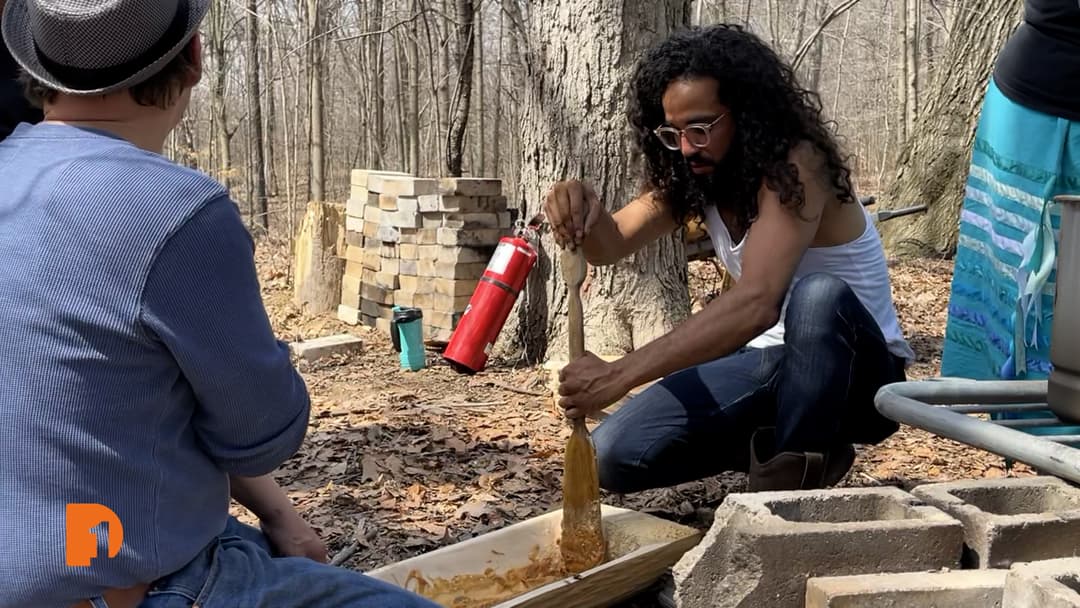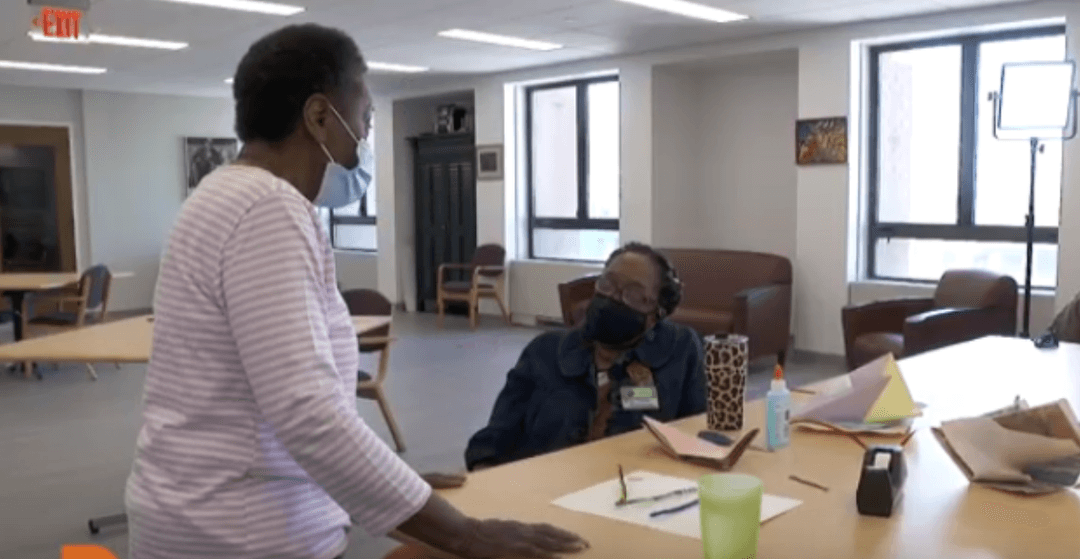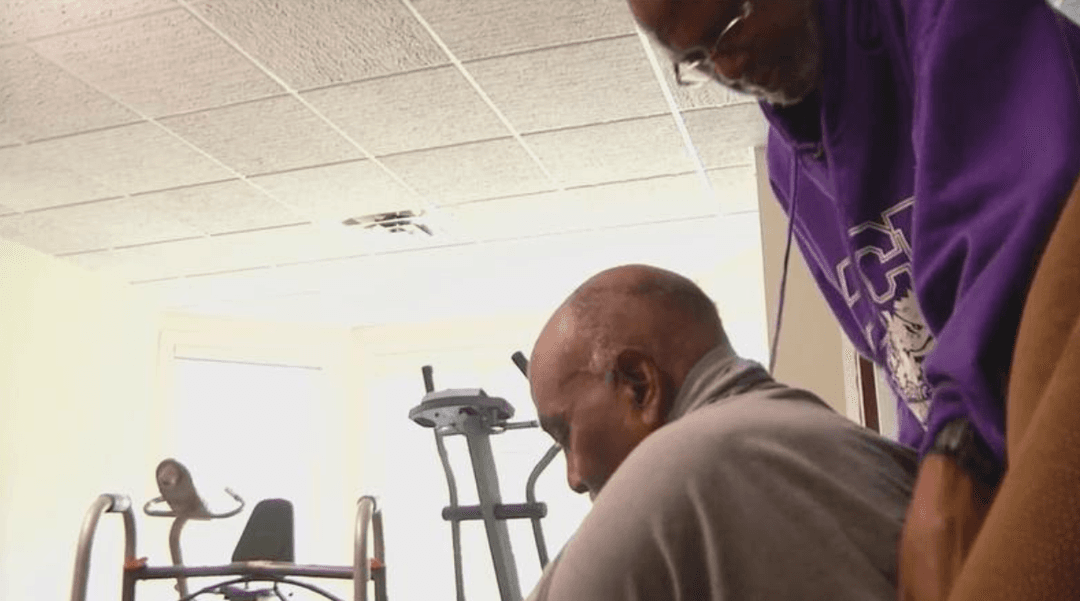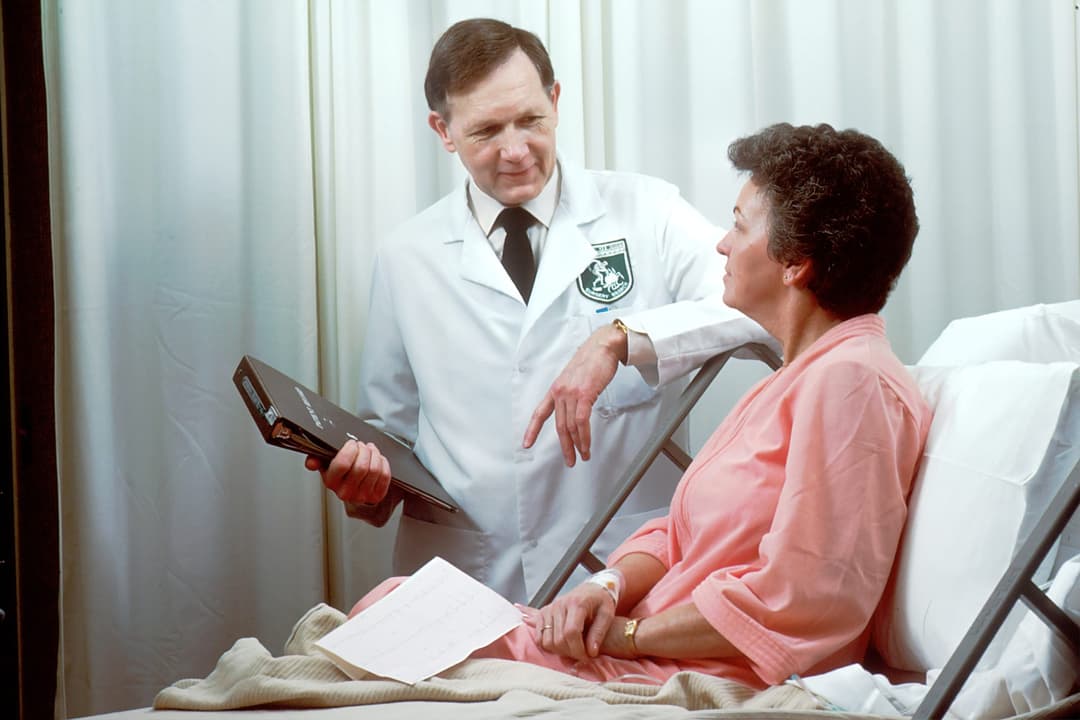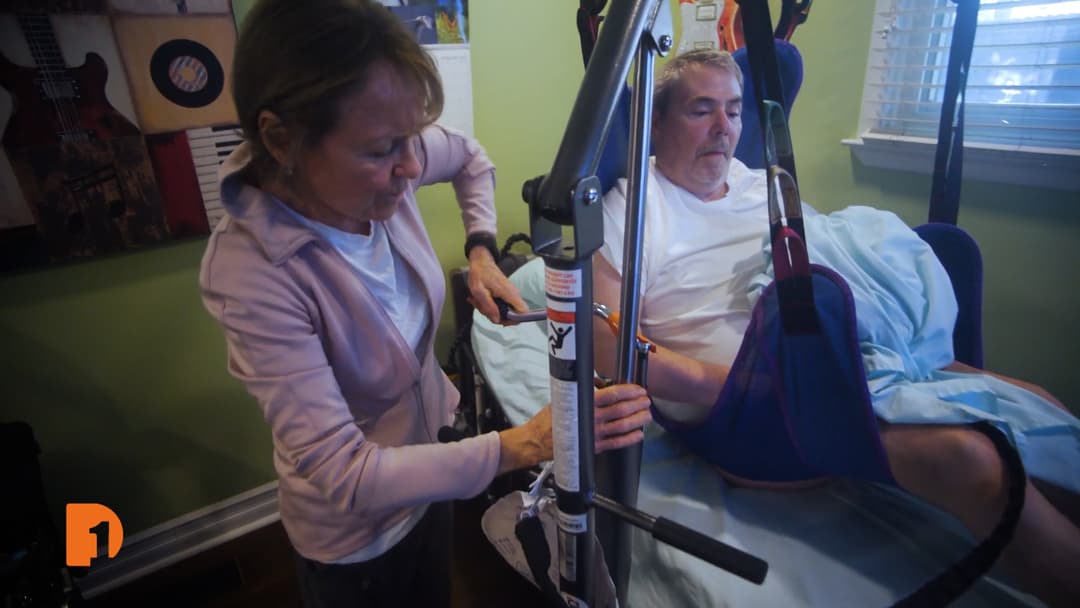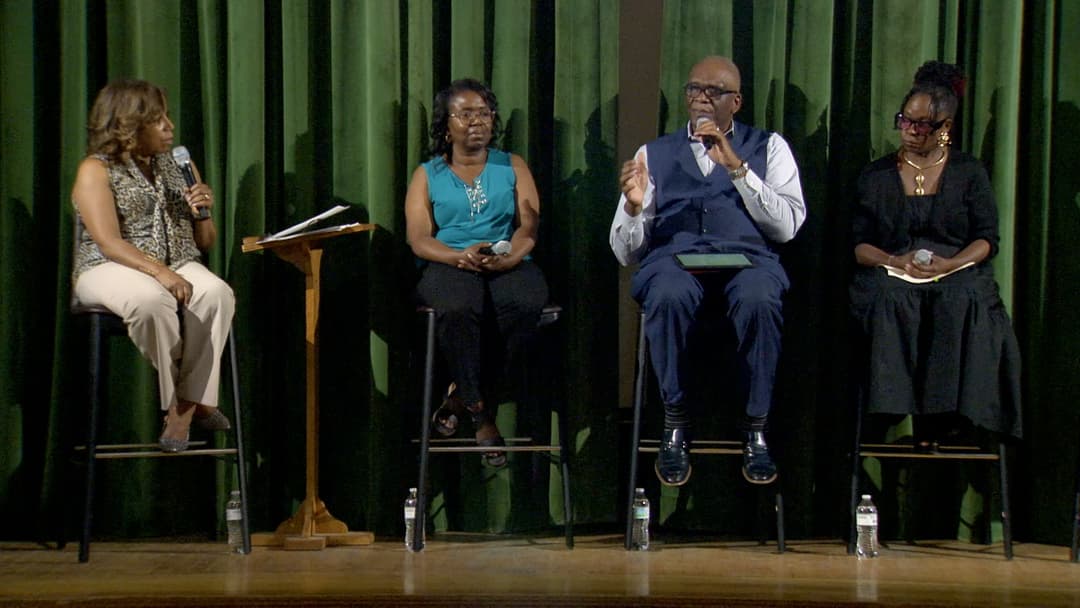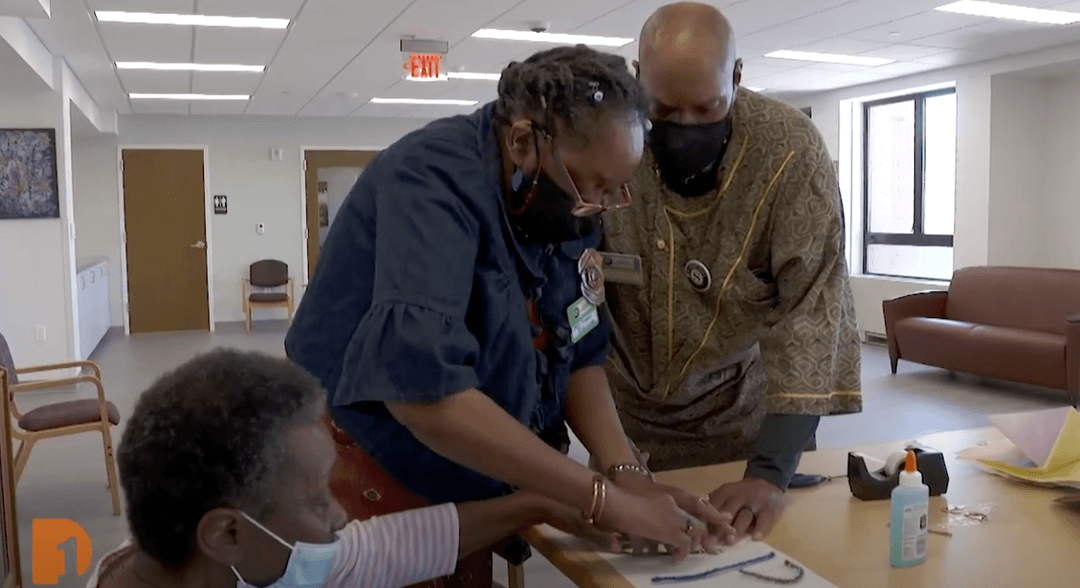Ending Well – Caregivers and Their Loved Ones Planning for the Future
Nov 14, 2025
By Marty Fischhoff
First of two-part series: Financial Concerns
They are not easy conversations for caregivers to have with their loved ones. They deal with sensitive subjects – like health and wealth, life and death, wills and trusts. Ultimately, they mean facing mortality.
Nonetheless, they are crucially important, confronting issues that eventually need to be faced. The questions raised are the beginning point of what is often labeled end-of-life planning. More benignly put, they can be considered preparing for the future and an essential element of aging well, ensuring that the elderly among us can live as fully, safely and worry-free as possible.
When those discussions have been had and the necessary papers signed, there is often a sense of relief and satisfaction, not only for the cared-for but for the caregivers, who then know how to proceed should their loved one become incapacitated or otherwise unable to speak for her or himself.
As part of One Detroit’s ongoing caregiving initiative, we are looking at the financial side of these essential conversations. We sat down with Antonia Harbin of the Elder Law and Advocacy Center to discuss issues that must be addressed and documents that need to be signed so that the wishes of her clients are recognized and respected in times of crisis and beyond.
Perhaps, the most important of these forms is the financial durable power of attorney, which designates who can manage bank accounts, retirement funds and other matters if the individual is unable. There are also wills and trusts to consider, which specify who receives a person’s property, financial assets, even prized possessions after death. Wills are not solely for the wealthy. They can be a powerful instrument for preserving generational wealth at all economic levels.
These important planning documents are often overlooked. A recent survey by the University of Michigan Institute for Healthcare Policy & Innovation found that few Michiganders have taken key steps in long-term planning. Among those age 65 and older, only 37% have a signed durable power of attorney. The study also shows 39% said they had not talked with family, friends, health-care providers or anyone else about their options and wishes for long-term care and caregiving.
Harbin explained that communication is critical, so the person designated to speak for you understands your wishes and priorities.
“If something happens,” she said, “and you become incapacitated, unable to give your preferences, then someone you’ve trusted can actually step into your shoes and make those decisions for you.”
And that’s where the Elder Law and Advocacy Center can help.
Harbin said that the center – a division of Neighborhood Legal Services Michigan – provides a variety of free legal and educational services for those 60 years and older in Wayne County, assisting with wills, powers of attorney, landlord-tenant disputes, guardianship, Medicaid planning and caregiving issues, among others.
A longstanding program is its free First Tuesdays, life-planning workshops for older adults and caregivers. As the name implies, they are held on the first Tuesday of every month at 2 p.m. via Zoom or conference call. Wayne County residents can call 313-937-8291 to register. After attending the workshops, they can sign up for one-on-one meetings with an attorney at the center.
In addition, Harbin discussed the center’s collaboration with the city of Detroit, known as the Plan Forward Detroit Life and Legacy Planning Program, which offers similar services for city residents as young as 18.
“Now, we’re seeing a lot of millennial caregivers and younger people taking care (of family members),” Harbin said.
You can learn more about the program here.
One of Harbin’s clients, 81-year-old Judy Page, talked to One Detroit at her home in Northwest Detroit, along with her daughter and caregiver, Ericka Page.
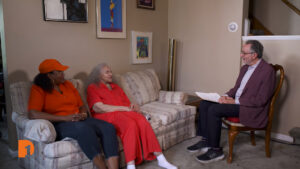
They admitted they were a little hesitant about dealing with these matters and put off seeking help until they heard about the services offered by the Elder Law and Advocacy Center. When they sat down with Harbin, they were encouraged by how warm and welcoming she treated them.
As Judy Page said, “I was at first apprehensive, but I’m glad I did it. It’s out of the way now, and I can relax.”
Stay Connected
Subscribe to One Detroit’s YouTube Channel and don’t miss One Detroit on Thursdays at 7:30 p.m. and Sundays at 9 a.m. on Detroit PBS, WTVS-Channel 56.
Catch the daily conversations on our website, Facebook, Twitter @OneDetroit_PBS, and Instagram @One.Detroit
Related Posts
Leave a Reply
Your email address will not be published. Required fields are marked*




